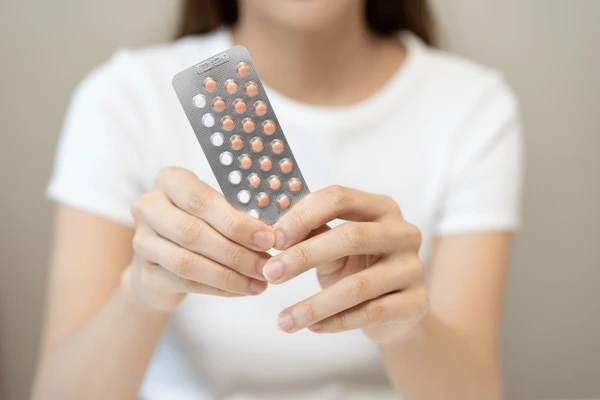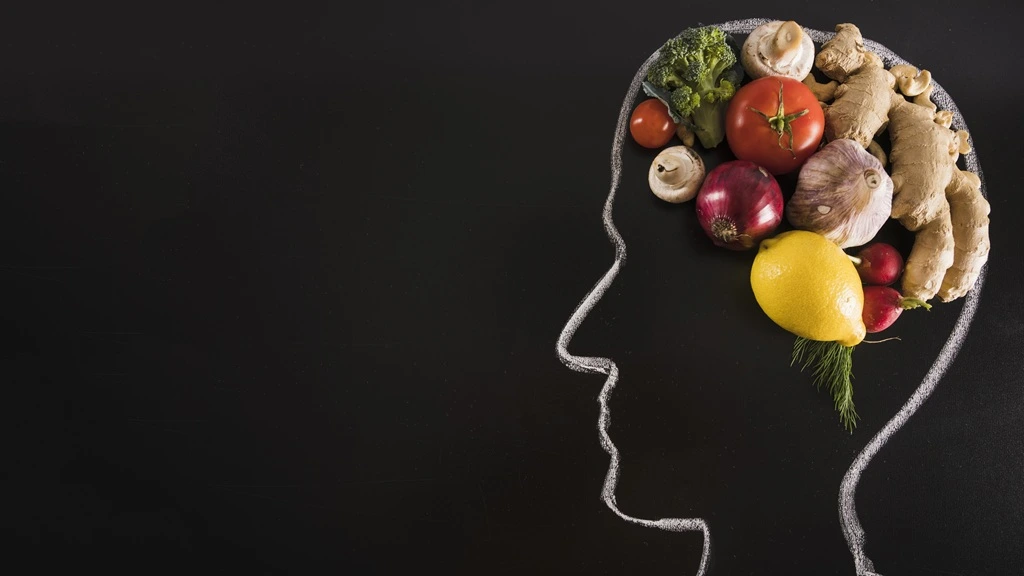No One Warned Me: The Physical Side Effects of Hormonal Birth Control I Wish I’d Known About
I still remember the day I picked up my first pack of birth control pills. I was 22, excited, nervous, and hopeful. The doctor’s visit was quick. I was told

I still remember the day I picked up my first pack of birth control pills. I was 22, excited, nervous, and hopeful. The doctor’s visit was quick. I was told it might help with my cramps and that it was “99% effective” if taken correctly. However, I received no real warning about the potential physical and emotional impact of hormonal birth control side effects. That was about it.
What I didn’t expect was that within weeks, I’d feel like a stranger in my own body.
This isn’t an attack on hormonal birth control. It’s a lifeline for many, and I’m grateful it exists. But the truth is, we don’t talk enough about what it can do to our bodies. Not the pamphlet version — the real version.
I wish someone had told me. So here I am, telling you.
What Are the Common Physical Side Effects of Hormonal Birth Control?
1. Does Birth Control Cause Weight Gain and Bloating?
It started with my jeans fitting tighter. Then came the late-night cravings. Within three months, I’d gained nearly 10 pounds — and not the kind that felt “natural.” My face looked puffier. My stomach was constantly bloated. I didn’t feel like me. This unexpected weight gain was my first direct encounter with the challenging reality of hormonal birth control side effects.
Doctors told me it was probably just water retention. But when your reflection no longer matches how you feel, it becomes more than just water — it becomes emotional weight too.
2. My Breasts Grew — And Hurt
I know, some might think this is a perk. But it wasn’t. My bras didn’t fit, and the tenderness made everyday things — like running or even hugging someone — feel uncomfortable. Nobody warned me that hormonal fluctuations could cause actual tissue growth or that it could hurt to lie on my stomach.
3. My Skin Broke Out in Places It Never Had Before
Ironically, I was prescribed birth control partly to clear up my acne. Instead, it shifted — from my forehead to my jaw, and even my shoulders. I became hyper-aware of every bump, hiding my face under my hair and layering on makeup that only made things worse.

4. I Got Headaches Like Clockwork
By week three of every cycle, I knew it was coming: the hormonal headache. It started as a dull pressure behind my eyes and sometimes ended with me in bed, in the dark, with no appetite. These migraines weren’t “just headaches.” They stole entire afternoons.
5. My Sex Drive Changed — And I Wasn’t Ready For That
This was one of the hardest parts to talk about. I felt… disconnected. From my body, from desire, from intimacy. Something was off, and I couldn’t explain it at first. But after reading more, I learned that hormonal contraceptives can lower testosterone — and with it, your libido. It wasn’t psychological. It was chemical.
6. The Bloating Was Relentless
Some nights I’d go to bed feeling like I’d eaten a four-course meal — even if I hadn’t. My rings didn’t fit. My stomach felt tight and heavy. I looked pregnant in photos I didn’t post. It wasn’t always visible to others, but I felt it every single day.
7. Aches, Pains, and a Strange New Fatigue
It wasn’t just emotional exhaustion. My joints ached. My muscles felt tight. And I was tired — in that bone-deep, slow-motion kind of way. There were days I felt 10 years older than I was.
Why It Hits Different for Women of Color
1. Medical Mistrust Is Deep — and It’s Not Paranoia
Black and Brown women have every reason to be cautious with medical advice. From the forced sterilizations of Puerto Rican women in the mid-1900s, to the unethical testing of contraceptives on poor women and women of color, the legacy of reproductive control is long and painful.
When we raise concerns about side effects today, we’re often dismissed more quickly than our white counterparts. There’s research showing that providers are more likely to minimize pain in Black patients or assume we’re exaggerating symptoms. That includes hormonal changes — mood shifts, weight fluctuations, headaches, and more.
2. Body Image and Stigma Are Already Heavy
The pressure to keep our bodies “in check” is different for us. Society hyper-scrutinizes Black and Latina bodies. If hormonal birth control causes weight gain or skin changes, it doesn’t just affect how we feel physically — it affects how we’re perceived, policed, and judged. Our bodies are politicized, and any shift can come with deeper emotional fallout.
3. Access Isn’t the Same — and Neither Is Trust
In many underserved communities, access to high-quality, personalized care is a luxury. Often, hormonal birth control is pushed as the only option — not one of several. There’s little room for nuanced discussion about alternatives or the best hormonal balance for your body. I’ve met women who were handed a prescription after a 5-minute appointment — no health history, no hormone testing, no questions.
In communities already dealing with systemic inequality, side effects aren’t just inconvenient. They’re barriers — to comfort, to confidence, to autonomy.
Read About: Living in the Shadows: Unmasking the Silent Reality of Crohn’s Disease
Why Is Informed Choice About Birth Control So Important?
We need more than just warnings on the side of a pill box. We need real, culturally competent care — providers who listen, acknowledge bias, and treat each patient as a whole person, not just a reproductive body.
We need to know:
- That different racial and ethnic groups may metabolize hormones differently
- That side effects might present differently depending on genetics, diet, stress levels, and community support
- That we are allowed to question the system without shame
Birth control should never feel like a one-size-fits-all decision — especially for communities that have historically been given the smallest sizes and told to be grateful.
Why This Matters
I’m not here to scare anyone off hormonal birth control. It changed my life in ways I wanted it to. But I also wish someone had been real with me. Not just a list of “possible side effects,” but what they might actually feel like. My goal is to foster an honest discussion about the real-life experience of hormonal birth control side effects. What they might look like in everyday life.
This isn’t about blame. It’s about informed choice.
If your body feels off after starting birth control methods, you’re not being dramatic. You’re not imagining things. Your body is smart — it’s trying to talk to you. And you deserve a provider who listens.
I eventually switched to a lower-dose pill. It helped. But only after months of trial and error — and even more months of self-doubt.
So here’s what I’ve learned: You are the expert on your own body. Trust it. Question what doesn’t feel right. And know that it’s okay to demand more from your healthcare experience.
You’re not alone. And you’re not wrong for wanting answers.








